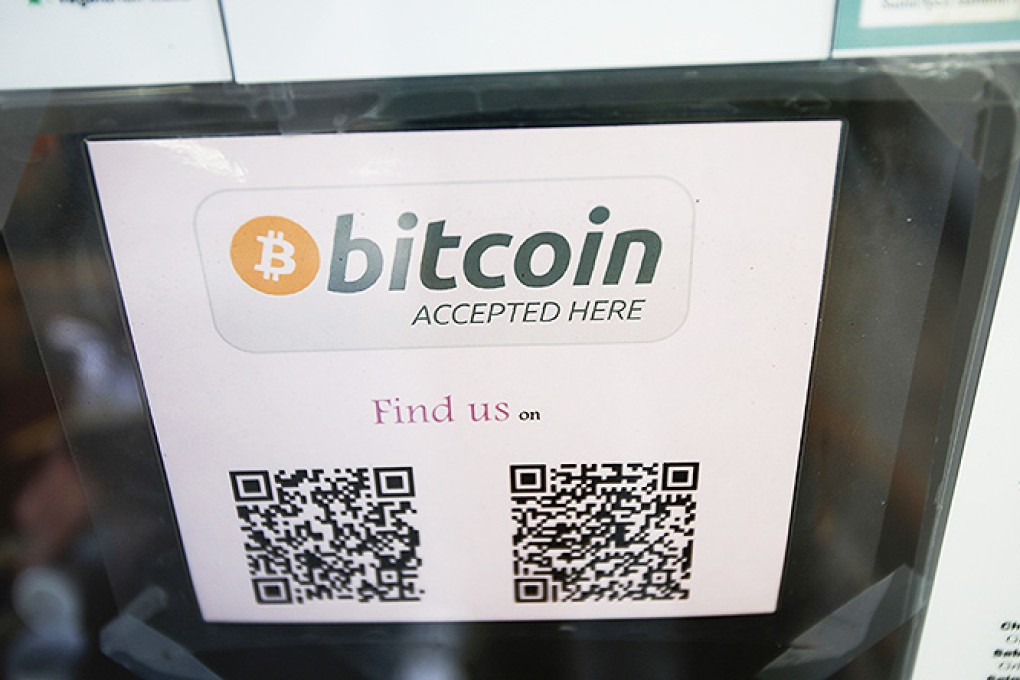Chinese players quit volatile bitcoin market after government steps in
Beijing's crackdown on virtual currencies has led to an exodus of investors and enthusiasts who fear financial ruin.

Beijing's crackdown on virtual currencies has led to an exodus of investors and enthusiasts who fear financial ruin.

On Monday, the central bank ordered third-party payment firms to stop clearing services with bitcoin. Two weeks earlier it told financial institutions not to provide services for the digital currency.
Research by Shanghai-based financial consulting group Kapronasia revealed a drop in the number of Taobao shops accepting bitcoins. From December 2-13, 14 out of 56 firms ended services, while 13 out of 20 other online and bricks-and-mortar stores curtailed business to "avoid regulatory attention".
Prices, however, staged a recovery yesterday after plunging to 2,011 yuan (HK$2,549) from a high of 7,588 yuan in late November.
The world's biggest exchange by trade, BTC China, saw prices top 3,550 yuan by last night.